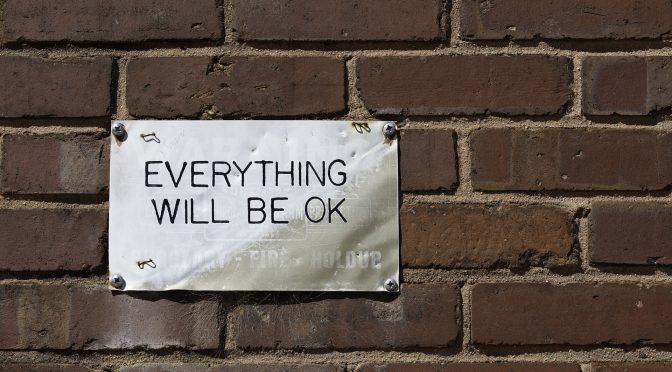No person goes without adversity, trials and tribulations and even more so those who dabble in addiction.
“Often, their challenges are self-inflicted,” says Karen Griessel, a social worker at Sanca-affiliated Wedge Gardens rehab centre in Johannesburg.
“Being able to bounce back sooner than later is what matters. It must also be said that it takes conscious effort to be resilient and take your power back but, in the end, it is so worth it,” she says.
“If we look at the world pandemic at present, all of humanity is showing resilience in one way or another so it is part of most people’s nature to want to fight back or fight for what is right.
“The good news is that resilience can be practised, just like working on your muscles in the gym. If you are not born assertive or you lack confidence, it does not mean that you cannot nurture these characteristics. Learn to be solution-focused and not to obsess about problems – this, at the core, is all about self-belief.
“Research on resilience theory shows the importance of managing one’s immediate environment by addressing demands and stressors head-on,” she says.
Resilience ties into the strength-based perspective which means using one’s resources, skills, positive attributes and strengths to fight difficulties.
“Positive thinking doesn’t mean ignoring a problem; it means understanding that troubles and setbacks happen but that with confidence and self-esteem, they can be overcome,” says Karen.
The 7 Cs of resilience
- Competence in knowing how to handle a situation effectively.
- Confidence rooted in competence.
- Connection and networking.
- Character in knowing what is right or wrong.
- Contribution.
- Coping, which leads to handling stressors better.
- Control as a problem-solver and not a victim.
Wedge Gardens offers holistic rehabilitation for the body, mind and soul. Find out more at www.wedgegardens.co.za
